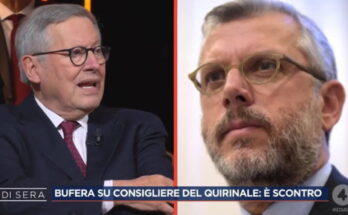On Saturday 15 November 2025 a mass was held in Verdun “for the remaining souls of Philippe Pétain and the victims of all wars”. Authorized by Monsignor Philippe Ballot, archbishop-bishop of Metz and apostolic administrator of Verdun, this ceremony, initiated by the Association to defend the memory of Marshal Pétain (ADMP), immediately caused outrage and mobilization: a major controversy for the Church, raising strong questions about collective memory and institutional responsibility.
The ruling by the state administrative court, which legalized the mass in the name of freedom of worship despite an initial ban from the Mayor of Verdun, did nothing to calm things down. Many citizens, elected officials, and demonstrators gathered to denounce what they saw as a revival of complacency with memories of the Vichy regime.
Monsignor Ballot’s responsibilities in this case go beyond administrative authorization. By his choice to authorize a mass for Pétain in a church in Verdun, he failed in his moral and historical duty, validating an initiative that could only fuel a flurry of commemorations and provide the basis for the most negationist and anti-Semitic speeches.
Despite the mayor’s warnings, family protests and civil society outrage, Archbishop Metz hid behind liturgical neutrality, leaving the door open for rehabilitation.



